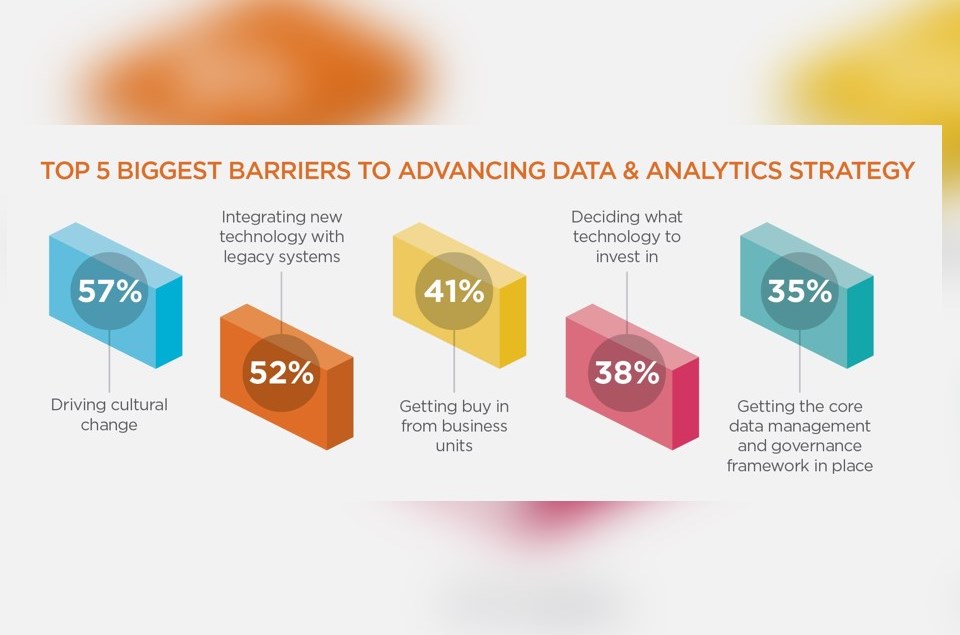I’m not really one for writing articles, this is my first published post. I can talk non stop, writing on the other hand, I struggle with. I get worried that it won’t make sense if I type it out (A brief insight into my own insecurity). There’s a good point to this story, I think (or at least there was in my mind as I started typing).
I have been reading about the works of Democtritus. For those of you who are unsure who he is – He was a Greek Philospher, from circa. 400 BC who theorised about the existence of atoms (i.e. That matter could not be subdivided forever, it had to hit a point where continual division of matter results in an ‘uncuttable’ piece of matter). Since the Greek phrase for uncuttable/undividable was Atomos, the name Atom was born. Atoms were too small to be perceived by the human senses, he didn’t have electron microscopes and Graphene to observe atoms. He assumed that atoms existed, then deduced logical consequences of this assumption for the everyday world. He got it right, Richard Feinman, some 2,500 year later, said “If, in some cataclysm, all of scientific knowledge were to be destroyed, and only one sentence passed on to the next generation of creatures, what statement would contain the most information in the fewest words? I believe it is the atomic hypothesis that all things are made of atoms”
The Greeks, as mind bogglingly amazing as they were, didn’t invent science as we know it though. It appears there was a general reluctance to test and observe theories in the real world. At the same time that Democtritus was trying to understand how atoms behaved, there were craftsmen, forging metals, glazing pottery, making jewellery etc. The craftsmen were equally skilled at their respective trades as Democtritus was at theorizing about matter, yet neither group took much notice of each other. It was a cultural divide, holding back progress, with the theorists preferring not to get their hands too dirty and the craftsmen with a reluctance to speculate about the principles which governed metal forging, or glazing pottery. Thousands of years passed before the two disciplines collaborated, with science really taking off in the 17th Century. If we fast forward to today, it’s clear that an effective data strategy can deliver tremendous value to an organisation and in order to make it work, collaboration and an open mind is required across the business lines, IT, office of the CDO etc.
By Martin Docherty:
Martin Docherty is Partnerships and Collaborations Director at Corinium Global Intelligence. Connect with him via LinkedIn or email martin.docherty@coriniumintelligence.com
Save
Save
Save
Save
Save









